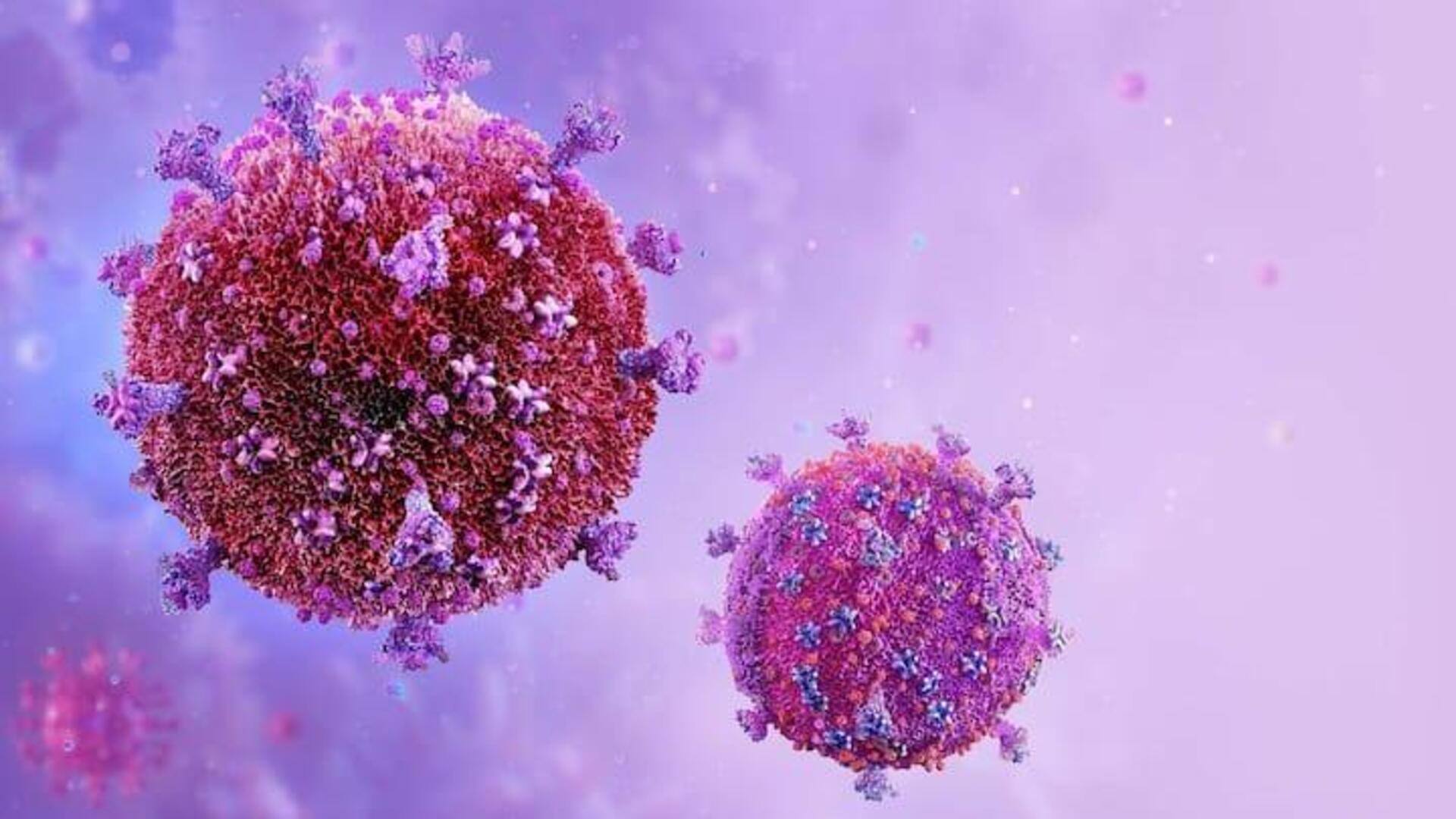
German man 7th person likely 'cured' of HIV
What's the story
A 60-year-old German man has likely become the seventh person in the world to be cured of HIV. Doctors announced on Thursday that the man,who prefers to remain anonymous, underwent a stem cell transplant nearly a decade ago while battling acute myeloid leukemia. He stopped taking anti-retroviral medication in September 2018 and has since been in viral remission, appearing to be cancer-free. Commenting on the progress, the man said, "A healthy person has many wishes, a sick person only one."
Scientific presentation
Case to be presented at International AIDS Conference
Dr Christian Gaebler, a physician-scientist at Charite-Universitatsmedizin Berlin, will present this groundbreaking case at the 25th International AIDS Conference next week in in Munich. "The longer we see these HIV remissions without any HIV therapy, the more confidence we can get that we're probably seeing a case where we really have eradicated all competent HIV," Gaebler said.
Feasibility
All patients required stem cell transplants
Like prior cases of possible HIV cures, experts are quick to moderate public excitement by pointing out that only a small number of people would ever have access to the treatment that appears to have resisted the virus in the seven patients. All contracted HIV and later developed blood cancer, which required stem cell transplants for treatment. Five of the other six patients received stem cells from donors carrying two copies of a rare genetic mutation that prevents HIV replication.
Genetic factor
Unique case expands potential donor pool
The German patient is the first to have received stem cells from a donor with just one copy of a rare genetic mutation that inhibits HIV replication. The patient himself also had a copy of this mutated gene. This development significantly expands the potential donor pool, as an estimated 10% to 18% of people with European heritage possess one copy of this gene, compared to only 1% who have two copies.
Treatment limitations
Treatment accessibility limited to specific cases
However, it's crucial to note that this treatment is reserved for those with HIV and aggressive leukemia, limiting its accessibility. Last week, International AIDS Society President Sharon Lewin advised against prematurely labeling this as a "cure," although she acknowledged that being in remission for over five years means the patient "would be close" to being considered cured. Currently, nearly 40 million people worldwide are living with HIV, the virus that causes AIDS.